Filming in Colombia: The Pacific Coast, Nuqui
A late afternoon rainstorm in Coqui, Colombia - Photo Credit: Brian Rapsey / World Nomads
Filmmakers’ First Visit to Colombia’s Isolated Pacific Coast
Where the Andes Mountains end in the west of Colombia, a vast and verdant jungle emerges. The dense rainforest of the Pacific Coast is one of the most unexplored regions in Colombia and is home to the largest number of Afro-Colombian communities in the country.
World Nomads Filmmaker and Scholarship Mentor Brian Rapsey
A wild and mysterious slice of paradise, this coast is a filmmaker’s playground. Keen on showcasing this fascinating region, along with the long-term strategies to raise the profile of ecotourism here, WhereNext proposed video production services for the World Nomads' annual Travel Film Scholarship program with filmmaker Brian Rapsey and scholarship winner Cole Lowndes in Nuquí, Chocó.
Brian has more than 20 years experience in TV, documentary and film production. Several of his films have focused on exploring and understanding challenges related to community-based tourism in an effort to suggest possible solutions or uncover better ways of doing things. “This was certainly the nature of the films we made in Nuquí,” he notes.
The Logistics of Getting to Nuqui
With no road access in or out of Chocó, the film crew had to fly in. “I loved going over the Andes,” recalls Rapsey. “It was such a threshold experience flying into the coast. It was my first experience witnessing the vastness of a tropical rainforest.”
Landing in Nuquí, Brian says he was immediately struck by the humidity and strangeness of everything – “It was like stepping into another world.” He recalls a funny moment involving some awkward luggage. “The streets were muddy from the rain and I had this really big, clunky rolling suitcase,” he says, laughing. “Totally inappropriate, and I had to roll it through the mud!”
A Leap of Faith
Usually, before any filming trip, Brian would do extensive research of the location to figure out what kind of stories he could tell. However, with Chocó lacking sufficient communication technology to connect with subjects in advance, he had to take a leap of faith in whereNext founder Gregg Bleakney’s knowledge of the region and judgment that there was a good visual story to be told there, along with potential narrative ideas provided by journalist and expedition researcher, Richard McColl.
Upon arrival to Nuquí, Gregg strategically sent Brian off on an excursion up the North coast to Utria National Park with Fausto Javier Moreno Bonilla, a local tour guide from a small village called Coqui (which would be the setting for his film). Spending time with Fausto was important for Brian as it gave them a chance to get to know each other – “to get on the same page” – and for Brian to get a sense of the significance of Coqui and what he could film. “It’s important to develop rapport and mutual understanding – a feeling that we are working on the same project together,” he comments.
Showcasing Ecotourism
Coqui was chosen, Brian explains, because he wanted to showcase the incredible ecotourism potential of the region so that its reputation as such is valued as a defense against environmentally and socially destructive developments like LNG, mining and coca production. “If you want the young locals to stay you need to give them something meaningful to do and working in a sustainable tourism industry is one of those things,” emphasizes the filmmaker.
It was the openness and genuine hospitality from the villagers that inspired Brian to revolve his short film around the idea of community, and what it feels like to be a traveller and be accepted into a remote place like Coqui. He recalls how the local people remembered Gregg from his visits over the years. “It was like seeing an old friend – they totally embraced and accepted him. We just walked into people’s houses. It was a beautiful, accepting and open sense of community. I had been told before I went about this, but to experience it was something different. This essentially became the central premise of my documentary film.” He continues, saying, “As a traveller and filmmaker this is just the sort of thing I love: to go on missions that meaningfully engage with a community. It makes me feel like I’m of some service… that there’s mutual respect.”
Immersion in Tradition
One of the film's storylines centers around a local tradition called “La Minga,” which means “Everyone together.” Since there's a shortage of meaningful government services in this part of the country, the community has to work together; helping each other with activities such as farming or cleaning up the village. Wanting to capture the tradition on video, Brian, with the help of the community, organized a Minga. “The whole village came out and cleaned up the streets using rakes to pick up rubbish and weeded the bushes,” he recounts. “At the end, everyone was drinking beer and dancing to rhythmic Afro-Colombian beats.”
For Brian, the local music played a very important role in his documentary. “Right in the middle of town was a huge sound system, and every minute of the day music was blasted at a high volume – this created a fantastic vibe,” he describes. “I love it when I can make my films using the natural sounds of the place; it provides a much stronger feeling of being there.”
Although he and the crew only spent 4 days in the village – talking to locals, chilling out under mangrove trees and observing Coqui’s unhurried tempo of life – Brian felt that he was able to go really deep for the time they were there. “It was wonderful to see how people experience their lives in a place like this, and to understand what brings the community together… The trip was one of the greatest experiences of my life. I felt like I was in a Gabriel García Márquez novel!”
Supporting Youth Programs
WorldNomads subsequently raised $10,000 USD through their Footprints program for the region. The objective of the project was to provide training and resources to three community youth leaders to support their work in providing weekly surf classes to over 150 Afro-Colombian youth on the Pacific coast of Colombia. Thanks to Brian Rapsey for having to vision to connect the dots and make this program a reality.
Read more about film production in Colombia with WhereNext. Or, drop us a line here.
Documentary: The People of Coqui
Here, filmmaker Brian Rapsey shares his experience with a community on the edge of the globalized world: the people of Coqui.



















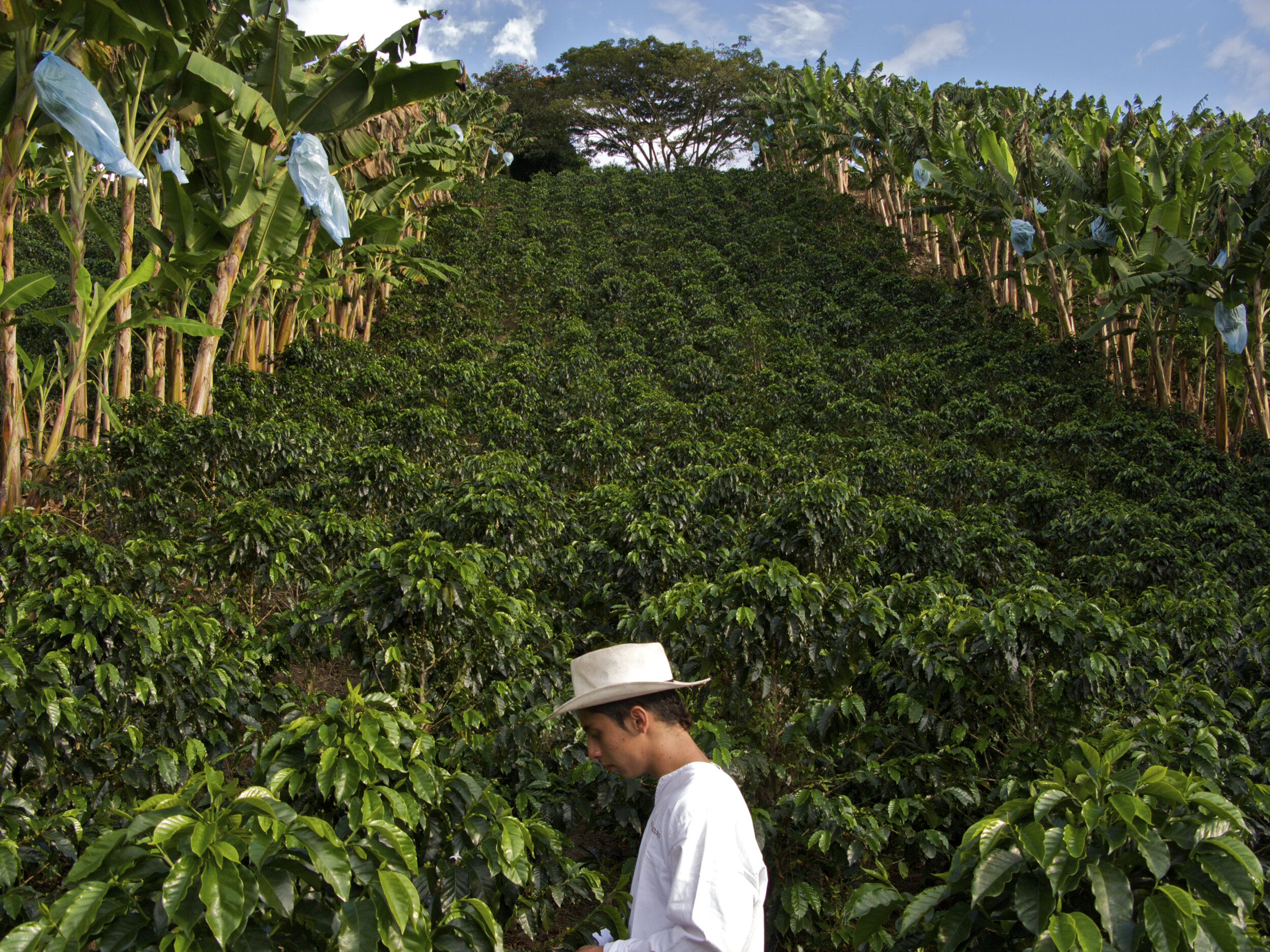
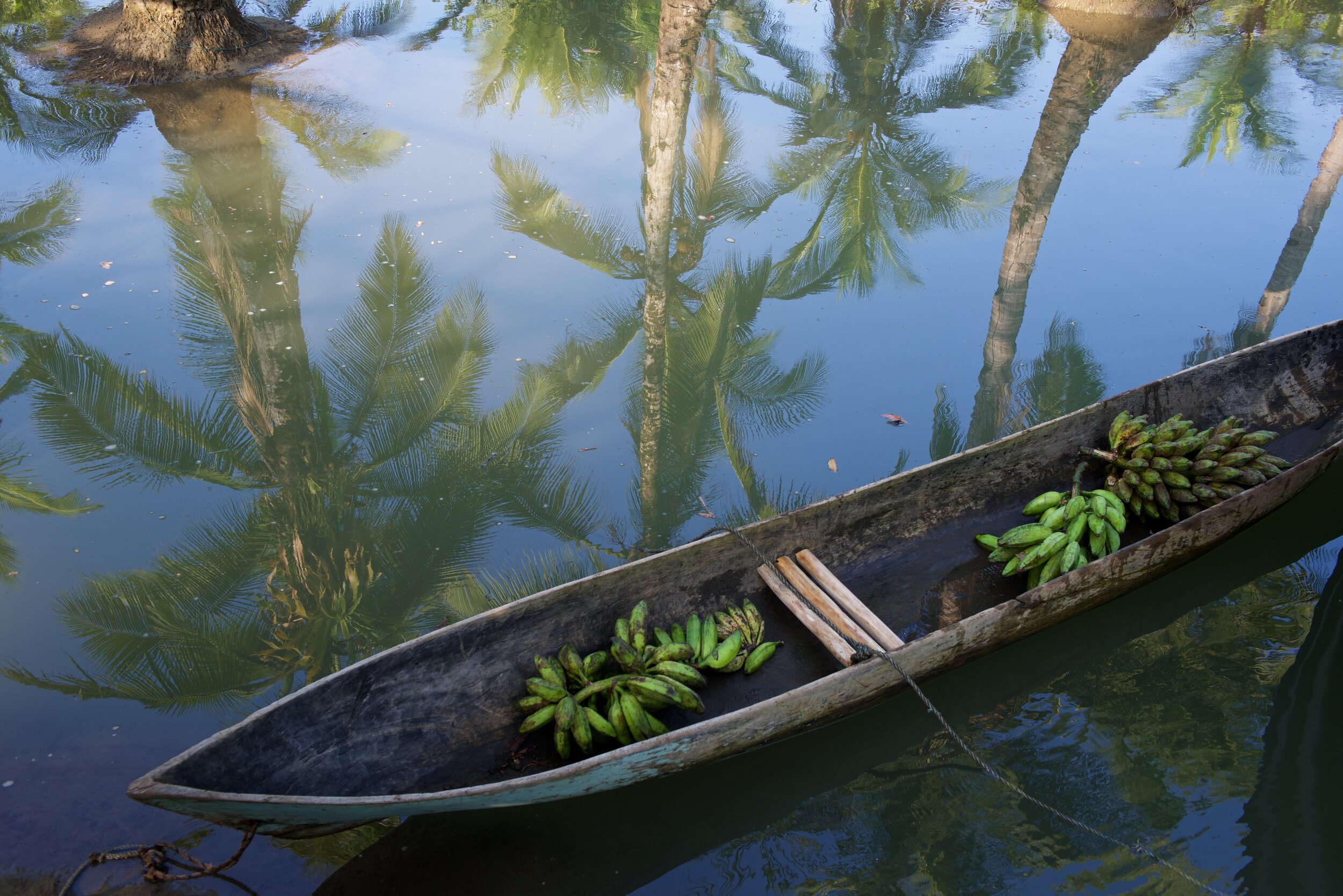
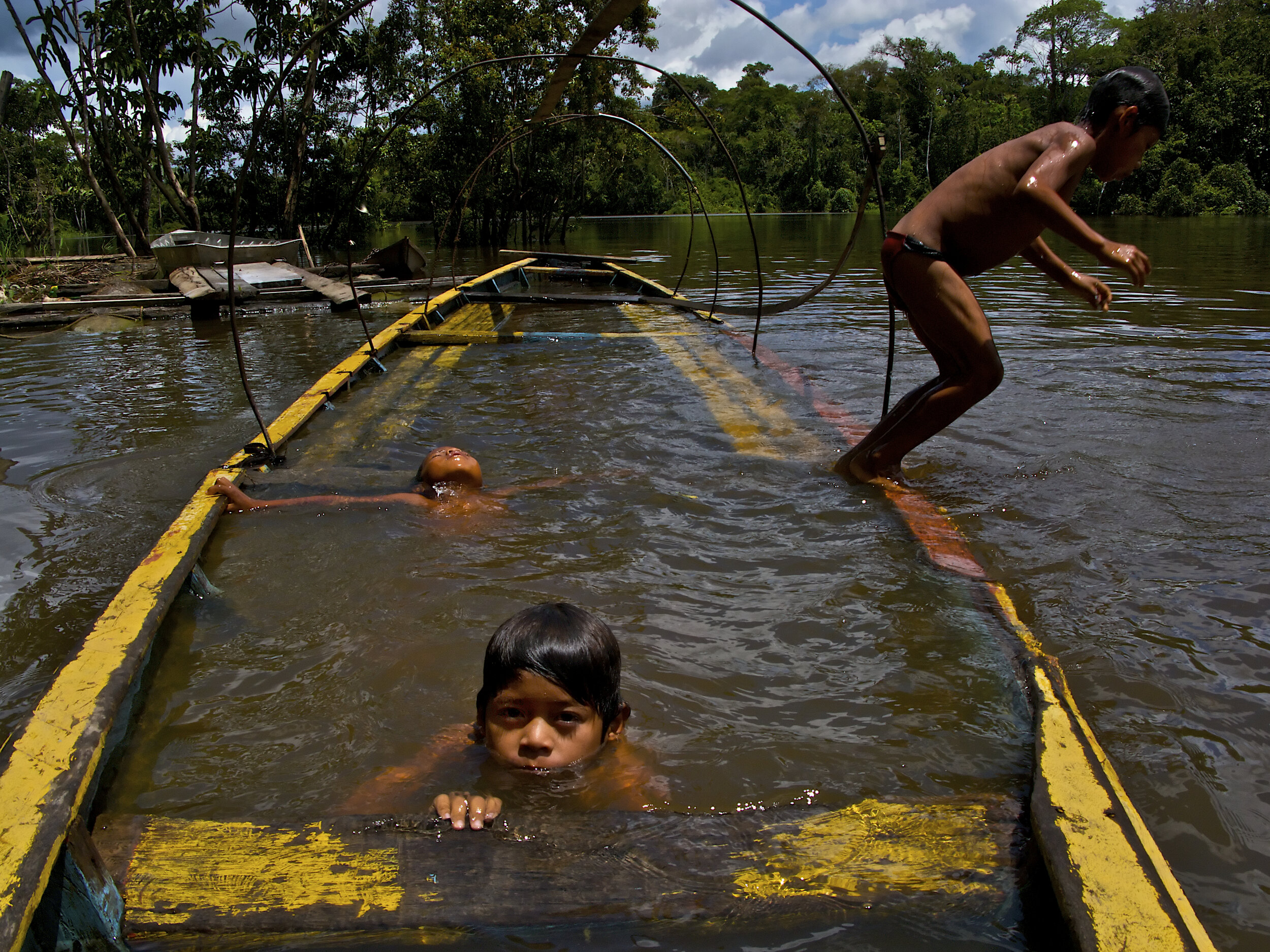
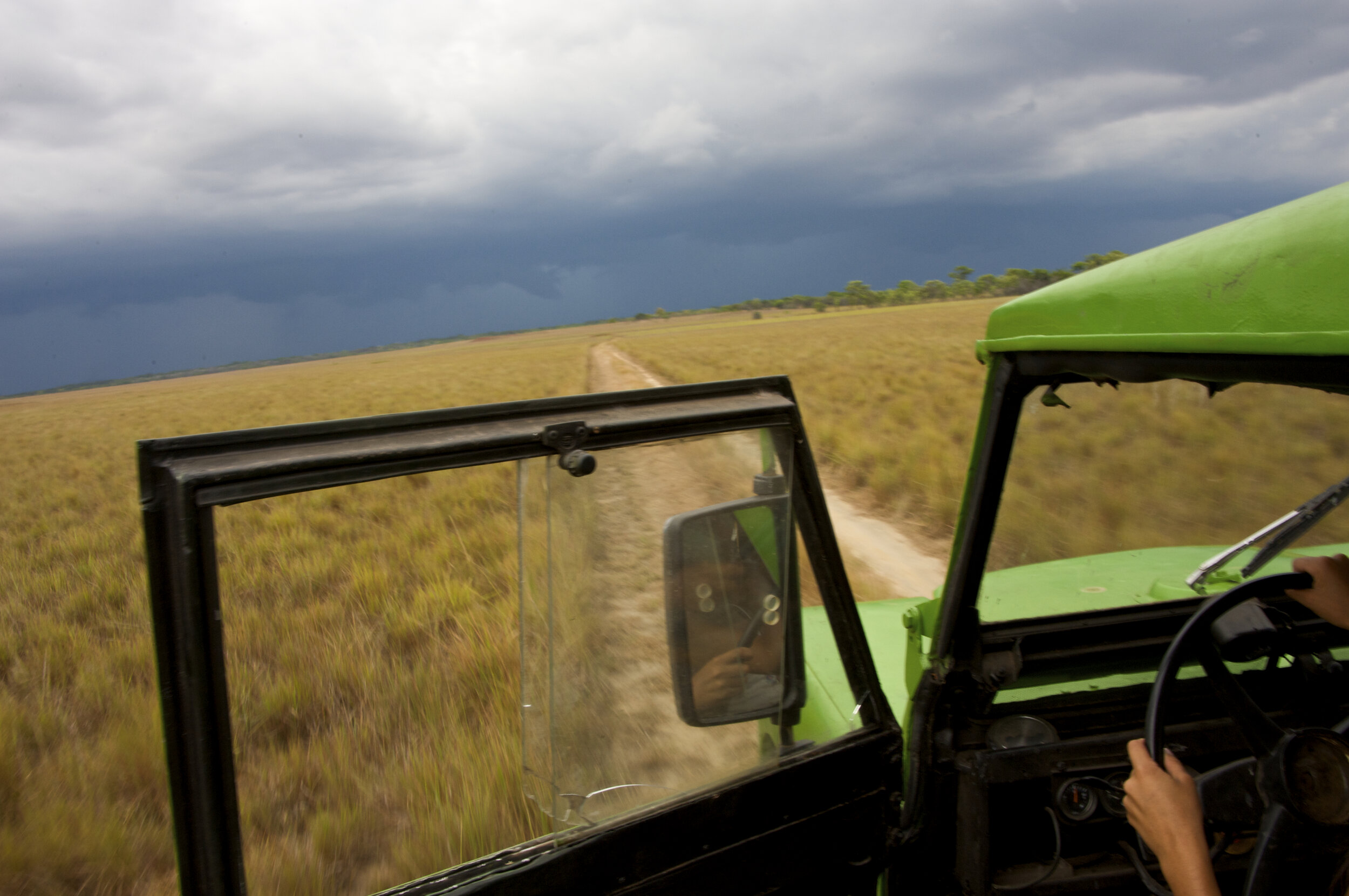
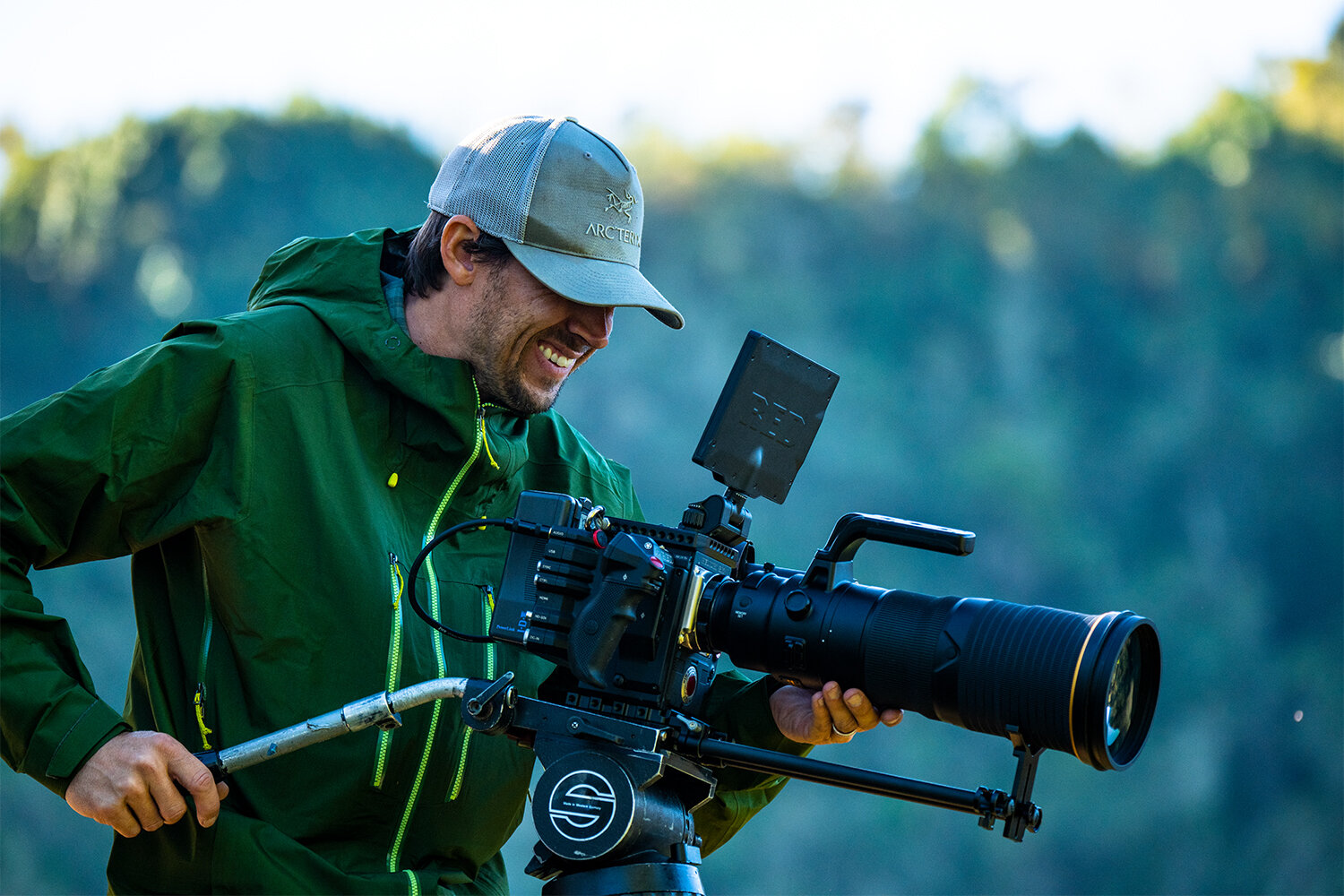
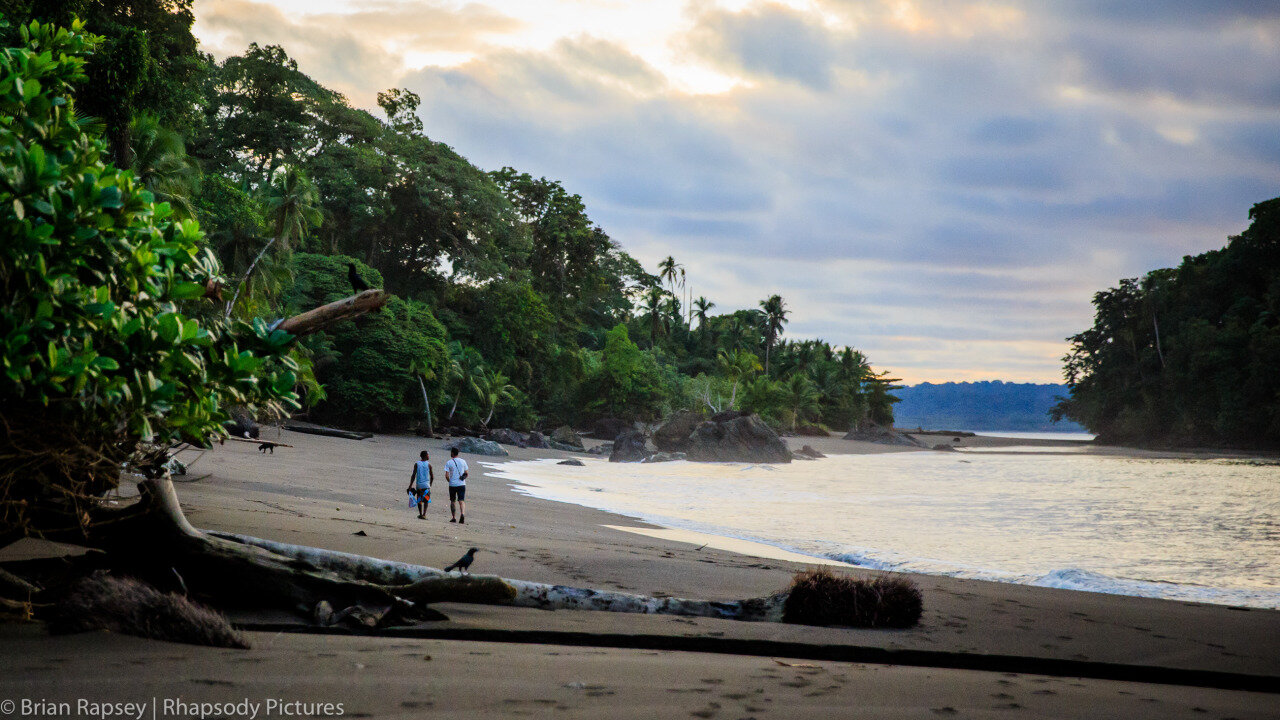
Check out our Colombia Production Company’s Guide to Colombia's spectacular National Parks. If you are considering filming a natural history production, here is what you need to know about Colombia’s spectacular wild destinations.